The Centennial Concert: Miami University Symphony Orchestra, Nov. 23


By Susan Meikle, university news and communications
The Miami University Symphony Orchestra, directed by Ricardo Averbach, celebrates its 100th anniversary with a special free concert at 7:30 p.m. Monday, Nov. 23, in Hall Auditorium.
History

Ad in the Miami Student, Dec. 1916. The 44-member group was directed by composer Joseph Clokey (Miami '12), who later became dean of the School of Fine Arts.
The precursor of the Miami University Symphony Orchestra was a string chamber ensemble created in 1903. The orchestra disbanded in 1905 as the number of instrumentalists at Miami dwindled.
Ten years later, with more students enrolled, the Miami University Orchestra was formed. The Miami Student announced on Nov. 25, 1915, "The development of the university orchestra is well underway, for the most difficult part of the process — that of securing the talent, was easily accomplished."
For a sense of perspective, the New York Philharmonic was founded in 1909.
Dedication

The concert is dedicated to Karen Dawisha.
The centennial concert is dedicated to Karen Dawisha — director of Miami's Havighurst Center for Russian and Post-Soviet Studies and enthusiastic supporter of the symphony orchestra — who plans to retire at the end of the academic year.
Dawisha is known internationally for her research in the fields of post-communist transitions and Russian politics. She joined Miami in 2000 as director of the Havighurst Center and has devoted herself to the creation of a unique and powerful institution in Russian studies, her colleagues said.
"With gratitude for the visionary leadership of Dr. Karen Dawisha, we will celebrate our centennial with a program featuring music by Russian and Soviet composers," Averbach said. "Both compositions presented in the concert are being performed this year for the first time by the symphony orchestra."
Centennial Concert Program
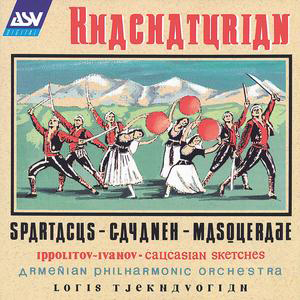 The program features the adagio from the ballet "Spartacus" by the Armenian composer Aram Khachaturian and Tchaikovsky’s last composition, the Symphony No. 6, "Pathétique."
The program features the adagio from the ballet "Spartacus" by the Armenian composer Aram Khachaturian and Tchaikovsky’s last composition, the Symphony No. 6, "Pathétique."
- "Spartacus" became the most successful Russian ballet during the Soviet era, because its fight for freedom was seen as an allegory of the Russian people throwing off their tsarist oppressors. It can also be seen as an allegory of Khachaturian rebelling against the oppressive Soviet leaders, when he was accused and condemned of writing music influenced by Western aesthetics, according to Averbach.
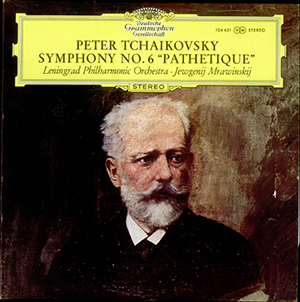 Symphony "Pathétique" was a magnificent musical ending for the career of one of the greatest composers of all times, according to Averbach. “I certainly regard it as easily the best — and especially the most ‘sincere’ — of all my works, and I love it as I have never before loved one of my musical offsprings,” Tchaikovsky told his nephew, Bob, to whom he dedicated the work.
Symphony "Pathétique" was a magnificent musical ending for the career of one of the greatest composers of all times, according to Averbach. “I certainly regard it as easily the best — and especially the most ‘sincere’ — of all my works, and I love it as I have never before loved one of my musical offsprings,” Tchaikovsky told his nephew, Bob, to whom he dedicated the work.
About the MUSO
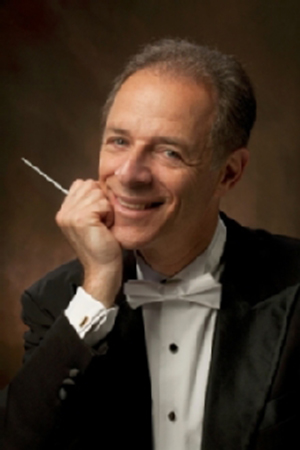
Ricardo Averbach
The orchestra was one of the eight finalists for the 2010 American Prize, a national competition designed to recognize and reward the best in the performing arts in the United States.
Averbach, director of orchestral studies and professor of music, joined Miami in 2002. He was the first winner of the American Prize in Conducting at the Collegiate Level, in 2010.
He is the immediate past president of the College Orchestra Directors Association (CODA), the prime international organization for college, university and conservatory conductors.
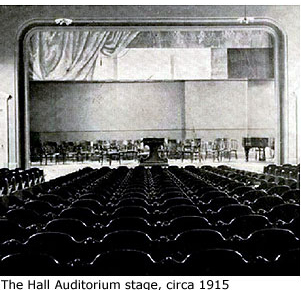
"The Miami University Orchestra concert Dec. 15 (1916) was much better than the most optimistic anticipated" (from the Miami Student, Jan. 11, 1917).
Last March the orchestra hosted the 2015 CODA International Conference with performances at Miami, Cincinnati's Music Hall and Northern Kentucky University.
The first time the orchestra had the opportunity to tour abroad was in 2005, Averbach said. That year the orchestra traveled to Russia for the Russian-American Orchestra Institute, conceptualized by Dawisha. "Our orchestra performed together with the St. Petersburg State Conservatory Chamber Orchestra, an ensemble with the most prominent students in Russia," Averbach said.
Later that year, the orchestra was invited to be the official Ohio representative in the Mozart Orchestra Festival Celebration in Salzburg, Vienna and Prague, celebrating the 250th anniversary of the composer.
In celebration of the orchestra's centennial, a trip to India is being considered in collaboration with world-renowned composer A.R. Rahman's KM Music Conservatory in Chennai, with joint performances with Rahman’s Sunshine Orchestra, Averbach said.
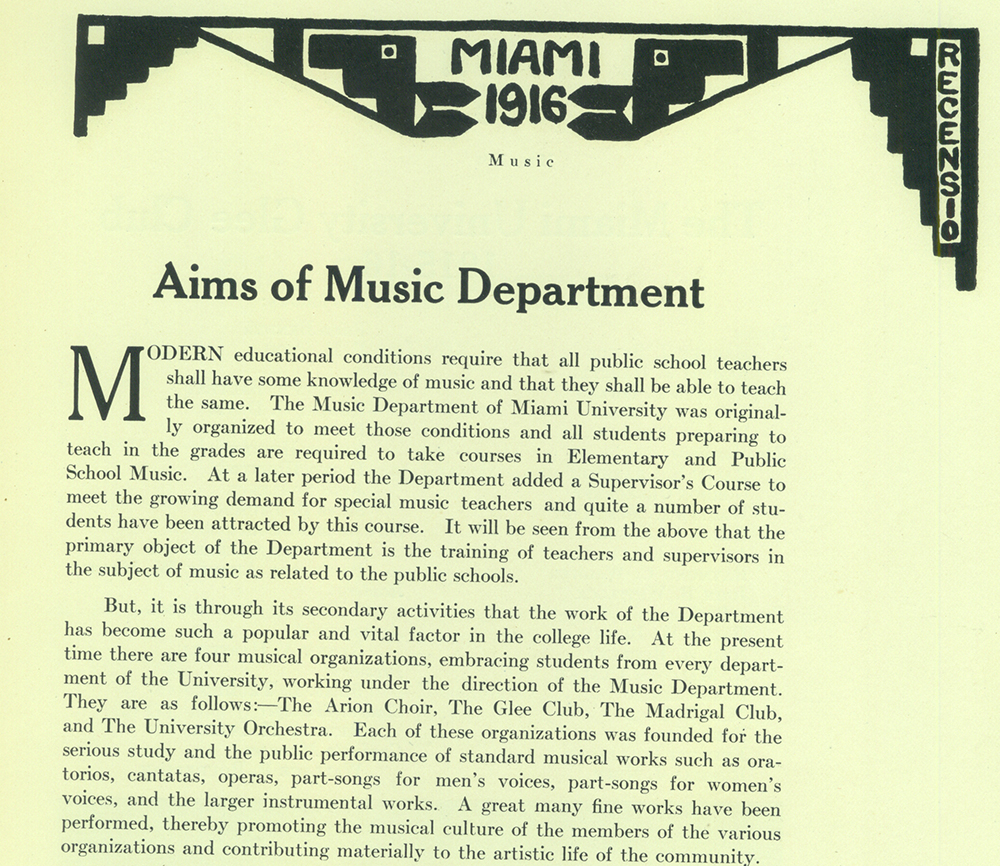
Then, as now, musical organizations "embraced students from every department" (from the 1916 Recensio).

